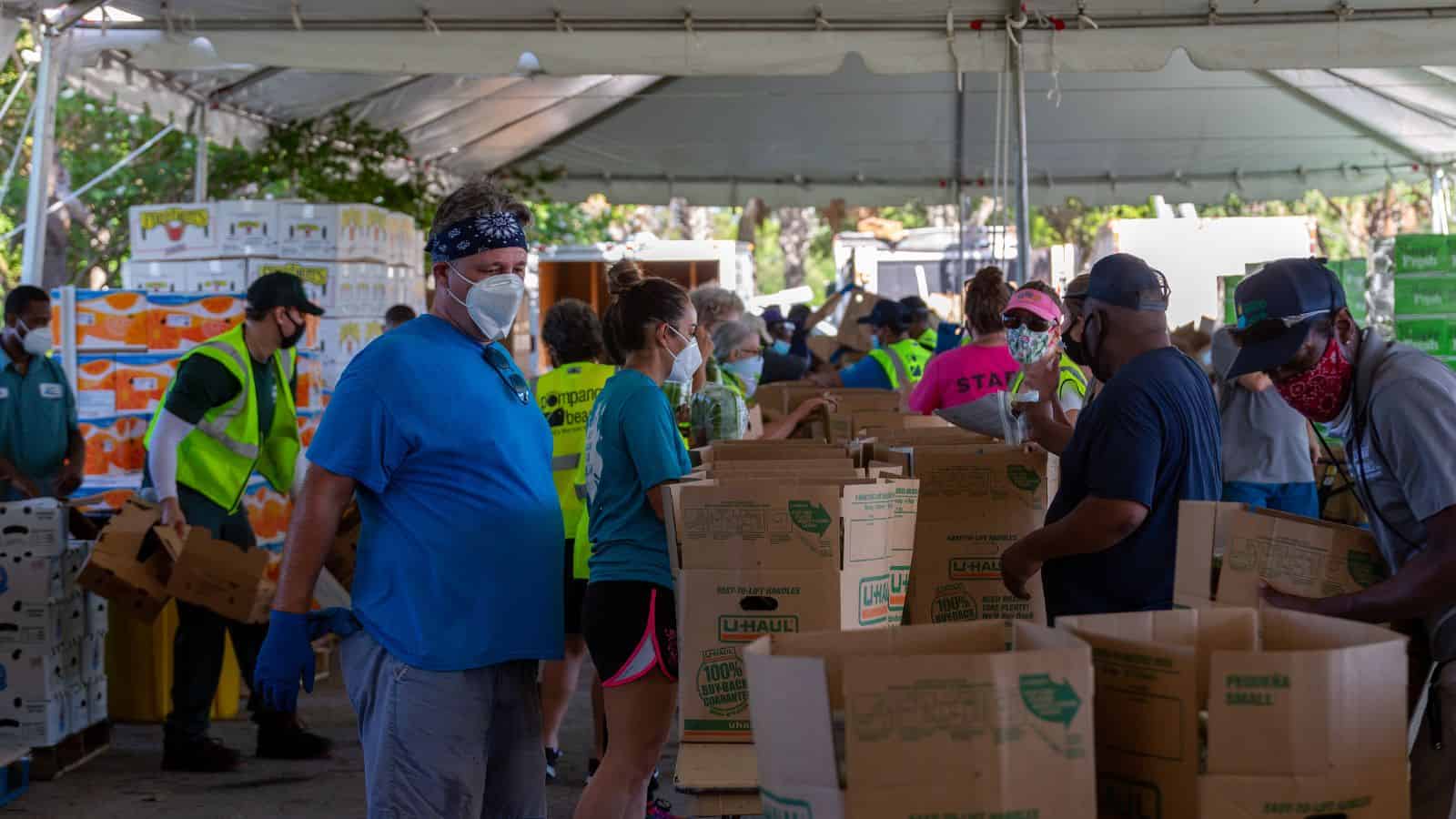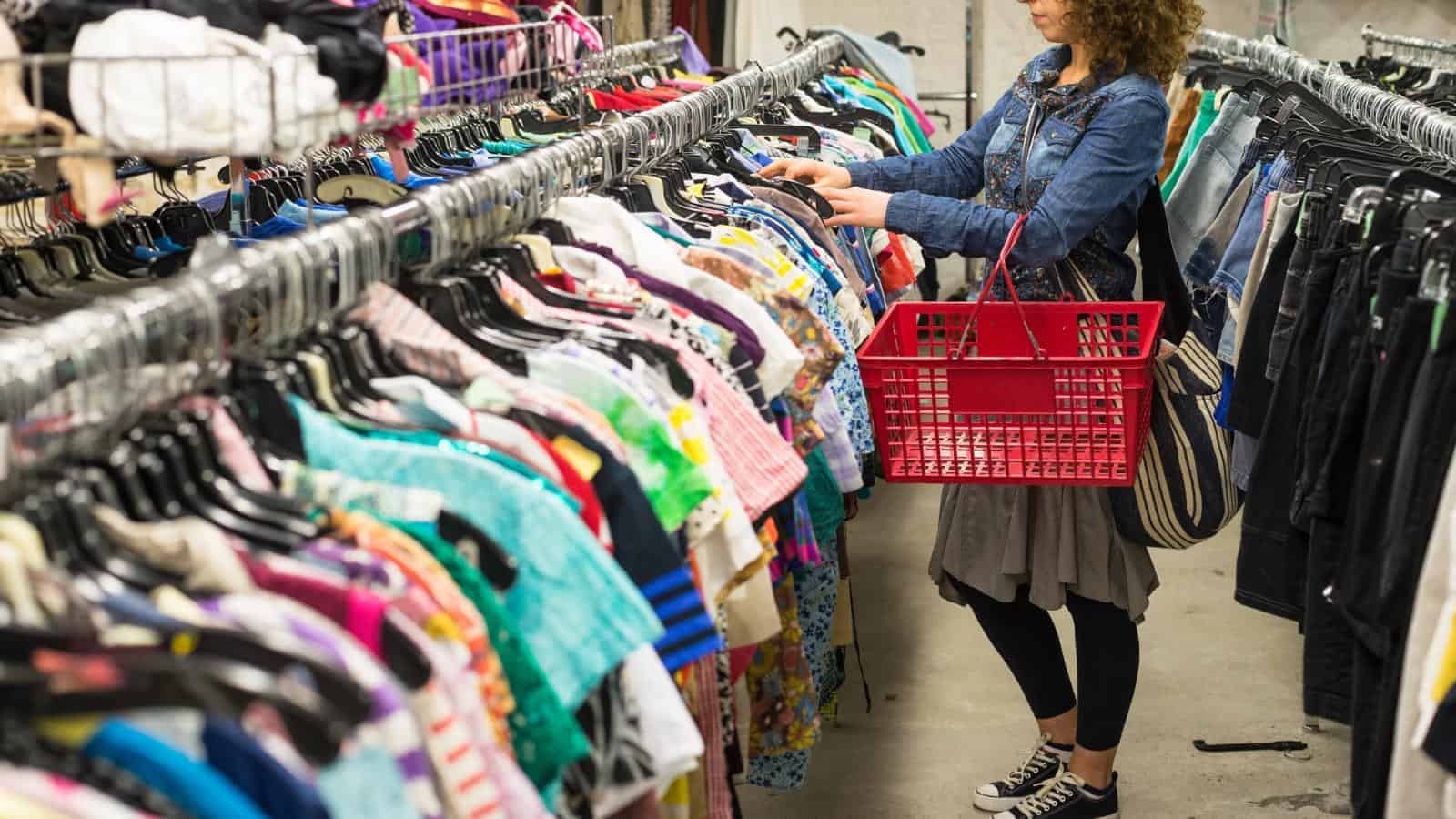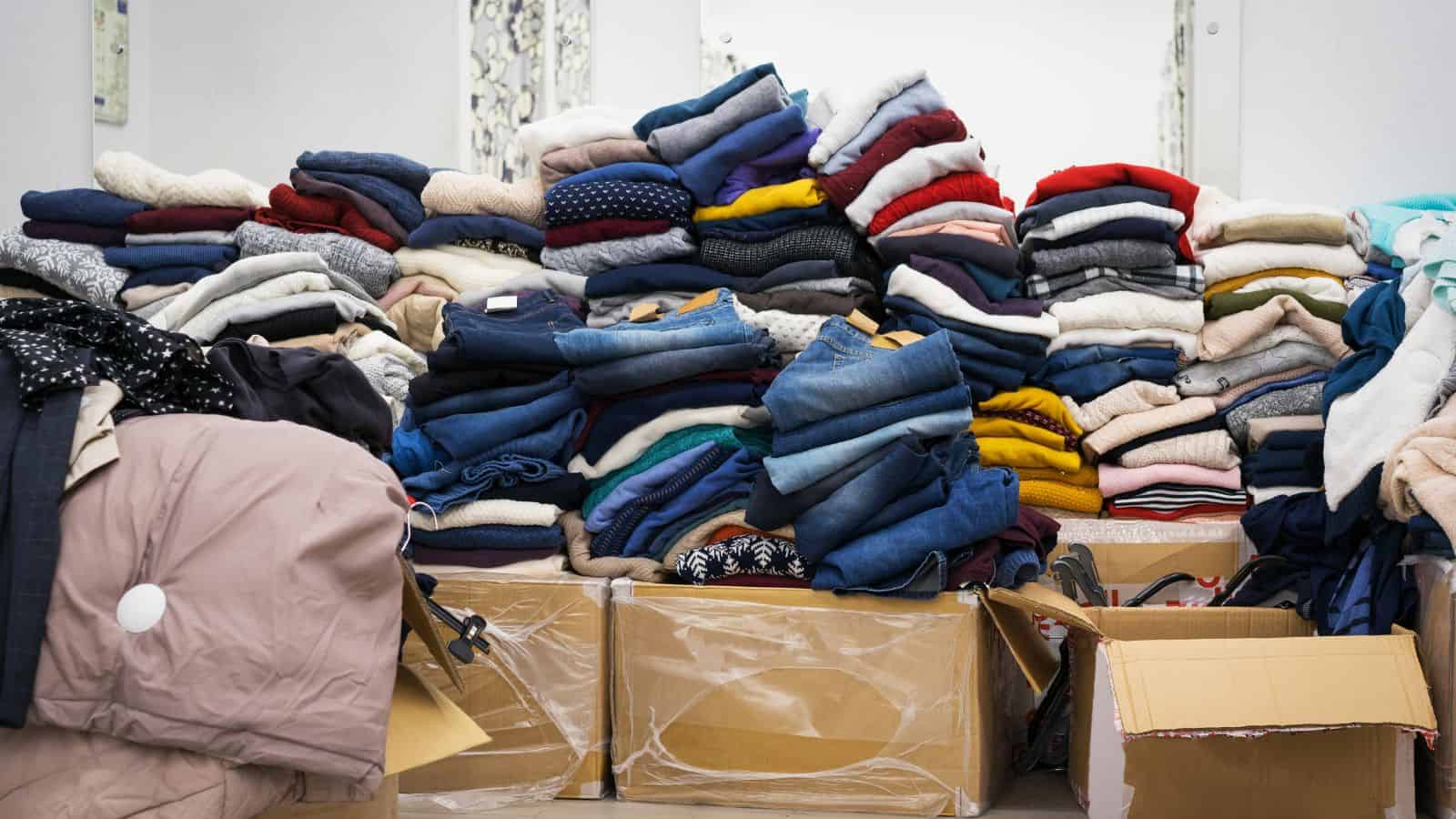If you want an easy way to give back, donating to Goodwill might feel like your best bet. But it’s important to remember that there are several factors that could make this a bad idea. Yes, the organization is known for its “good will” in helping people find jobs and gain skills, but some of its practices and policies have sparked debate. So let’s take a look at a few points to consider before you hand your preloved items over to Goodwill.
High CEO Compensation Raises Eyebrows

You may be surprised at just how much some of Goodwill’s executives get paid. While it’s true that nonprofit leaders deserve fair pay, many feel that multimillion-dollar compensation packages don’t exactly pair well with the mission of helping those in need.
Low Wages for Workers

As you may have heard, Goodwill’s employment practices have long been criticized. This is especially true when it comes to their subminimum wages for workers with disabilities. Some employees earn just pennies per hour thanks to an outdated federal law, which has led to widespread backlash from labor rights advocates.
Items Donated May Not Stay Local

You may be wrongly assuming that your contributions will help people in your own community. In reality, donations are often shipped to centralized facilities or distributed to other regions, depending on demand.
While this might make business sense, it can feel disheartening if you hoped to support local families.
Unsold Items Often End Up in Landfills

Sadly, even with the best intentions, not all of your donated goods may find a new home. When things aren’t sold or don’t meet Goodwill’s standards, they often end up discarded in landfills, contributing to environmental waste.
This problem is especially concerning for those who donate to reduce waste and promote sustainability.
High Prices in Stores

Gone are the days when Goodwill was considered the ultimate affordable treasure trove. Over the years, prices on clothing and furniture have risen to the point where many low-income shoppers can no longer afford them. This shift can make it seem like the organization prioritizes profits over accessibility, and that’s a point that’s becoming increasingly more difficult to argue against.
Lack of Transparency

It’s concerning that it’s not always clear where Goodwill’s money goes. The organization advertises its job training programs and community support initiatives, but detailed breakdowns of how the revenue is spent are hard to find. If you’re someone who prioritizes transparency in charitable giving, you might want to reconsider your donation.
Limited Acceptance of Items

You might be surprised at just how picky Goodwill can be when it comes to what it will take. Sadly, this means that some of your donations might not even make it through the door.
Items that don’t meet their standards are often discarded on the spot, leaving you to wonder if your effort was worth it.
For-Profit Ventures Within the Organization

Everyone knows Goodwill as a nonprofit, but parts of its business model actually lean into for-profit practices. For example, some regions operate under franchise-like agreements where store owners earn personal profits. Some people think this dual structure feels at odds with the charitable image that Goodwill projects.
Reselling for Big Profits Online

Everyone would like to think that their donations are going to people who really need it for an affordable price. But in reality, high-value donations, such as designer clothes or vintage items, are increasingly being sold through Goodwill’s online auction site instead of in stores. This can make donors feel like their contributions are being used for profit more than accessibility.
Difficult for Rural Communities to Access

As you may have noticed, Goodwill stores are largely concentrated in urban and suburban areas, but this means that rural communities often lack access to affordable goods or job training programs. If you live in a rural area, your donations may not benefit your neighbors in the way you’d hope.
Ethical Concerns About Worker Treatment

Over the past decade, Goodwill has gotten a pretty bad reputation for the way it treats its workers, with many reports of unfair treatment and inadequate benefits. Employees in some locations report poor working conditions and low morale, which can make donating feel less meaningful and charitable.
Lack of Focus on Sustainability

Thrift stores are always thought of as environmentally friendly, but that’s not always as true as they’d like you to believe. Some of Goodwill’s practices don’t always align with sustainable values, such as their disposal of unsold goods and the production of new branded merchandise.
Donations Are Not Always Tax-Deductible

Yes, most donations do qualify for tax deductions, but there are exceptions. Items that aren’t in good condition or don’t meet valuation guidelines may not be eligible. This can be pretty frustrating if you’re relying on a tax break as part of your decision to donate.
Too Many Donations Can Lead to Waste

It’s not uncommon for Goodwill locations to receive more donations than they can handle, especially after major clean-out periods like spring or the holidays. While you’d think this should be a good thing, excess items can sit untouched or simply be thrown away, meaning your donation might not be used as you intended.
Local Charities May Have Greater Impact

When you donate to Goodwill, your items contribute to a large national system. While this has some benefits, you’re often better off donating to smaller local charities if you want to make more of an impact. These charities typically provide more direct support to community members in need.
Some Items Are Marked Up Too Much for Those in Need

Goodwill should be affordable for all of its customers, but that’s not always the case. Its pricing strategy often reflects the resale value of an item rather than what low-income shoppers can actually afford. This makes it harder for those in need to find affordable options for basic necessities.
Other Organizations May Align with Your Values

After doing some research, you may discover that donating to Goodwill simply doesn’t align with your values or priorities. If you’re someone who cares a lot about fair labor practices, environmental sustainability, or local community impact, you may feel better about donating to other charities instead.
